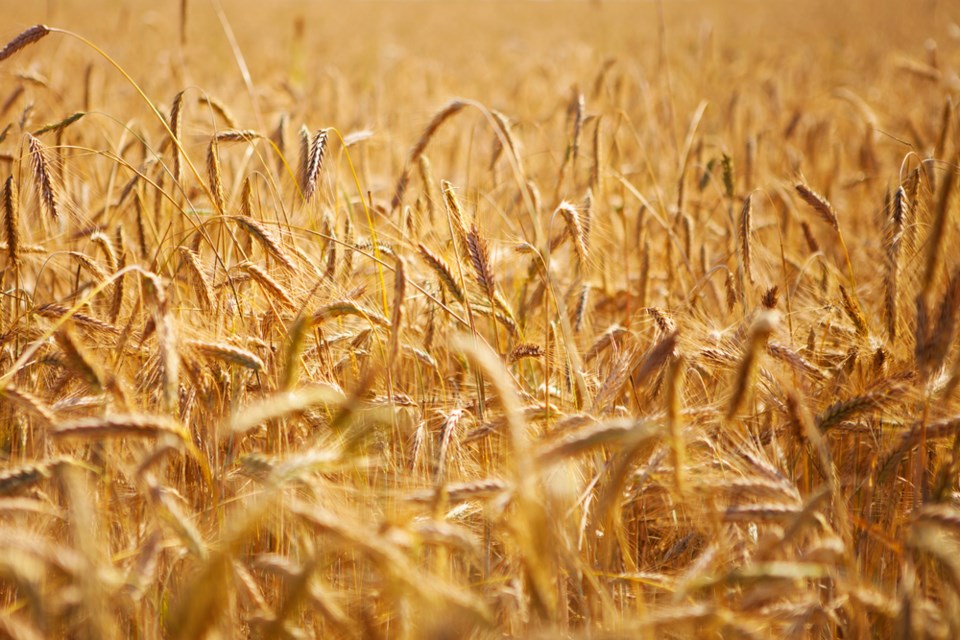Organic agriculture may not be as environmentally-friendly as conventional high yield agriculture.
That conclusion was reached by a team of University of Cambridge scientists in England.
Intensive high-yield farming techniques are thought to cause pollution, soil erosion and use up scarce water supplies. But intensive farming can spare more natural habitat from the plough.
High yield agriculture uses enhanced pasture grazing systems, chemical fertilizer on crops and indoor dairy farming.
Study results from four agricultural sectors indicate intensive farming’s use of less land may produce less pollution, but the team cautions if higher yields are sought only for more profit, the extinction crisis will be accelerated.
“Agriculture is the most significant cause of biodiversity loss on the planet,” said study lead author Andrew Balmford, professor of conservation science from Cambridge’s Department of Zoology.
“Habitats are continuing to be cleared to make way for farmland, leaving ever less space for wildlife.
“Our results suggest that high-yield farming could be harnessed to meet the growing demand for food without destroying more of the natural world. However, if we are to avert mass extinction it is vital that land-efficient agriculture is linked to more wilderness being spared the plough.”
The study worked with Asian rice, Latin American beef, European wheat, and European dairy production.
Field experiments show rice grown with inorganic nitrogen fertilizer boosted yields with little greenhouse gas increase and less water use per tonne of rice.
Adding trees for shade in pastures was linked with cutting greenhouse gas emissions in half.
The study’s organic dairy farm trials found that organic dairy farms take up twice as much land and cause one-third more soil loss than conventional dairy farms.
Study authors say land use restrictions and restructured subsidies could encourage high yield production and spare more natural habitat from destruction for agriculture.
They also suggest more study on this matter.
Ron Walter can be reached at [email protected]




